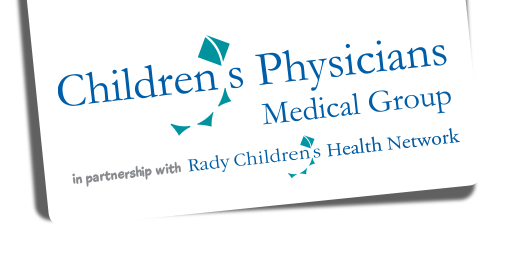Anna Mendenhall, MD, FAAP
http://www.youtube.com/watch?v=9pZntdwhwXg
What are Probiotics?
Probiotics are bacteria that help maintain the natural balance of organisms (micro flora) in the intestines. The normal human digestive tract contains about 400 types of probiotics that reduce the growth of harmful bacteria and promote a healthy digestive system. Most probiotics are bacteria similar to those naturally found in people’s guts, especially in those of breastfed infants (who have natural protection against many diseases). Most often, the bacteria come from two groups, Lactobacillus or Bifidobacterium. Within each group, there are different species (for example, Lactobacillus acidophilus and Bifidobacterium bifidus), and within each species, different strains (or varieties). A few common probiotics, such as Saccharomyces boulardii, are yeasts, which are different from bacteria.
How do they work?
Scientists are not exactly sure but deduce that the good bacteria replace or crowd out the germs or bad bacteria in the intestinal tract. Another theory is that the good bugs keep the intestinal tract acidic where bad bugs can’t survive. By consuming foods with probiotics, you can increase the number of healthy bacteria, which seems to boost immunity (70% of our immune system function is in our gut!) and promote a healthy digestive system.
What are Probiotics used for?
Probiotics are most often used to prevent diarrhea caused by antibiotics. Antibiotics kill “good” (beneficial) bacteria along with the bacteria that cause illness. A decrease in beneficial bacteria may lead to diarrhea. Taking probiotic supplements (as capsules, powder or liquid) may help replace the lost beneficial bacteria and help prevent diarrhea.
Many formula manufacturers are adding prebiotics and probiotics to mimic the immune benefits that we know breastfed infants get from the prebiotics and probiotics they consume in breast milk.
It has been suggested that probiotics be used to treat problems in the stomach and intestines. But only certain types of bacteria or yeast (called strains) have been shown to work in the digestive tract. It still needs to be proven which probiotics (alone or in combination) work to treat diseases.
Research has shown that certain probiotics may restore normal bowel function and may help reduce:
- Diarrhea that is a side effect of antibiotics
- Certain types of infectious diarrhea
- Help prevent infections in the digestive tract
- Help control immune response (inflammation), as in inflammatory bowel disease
What else can Probiotics do?
A study published this week concluded that probiotics can prevent colds in children, which is very useful when we think about getting them back in school later this month!
In a study sponsored by Danisco, the maker of probiotics products, researchers found daily dietary probiotic supplementation reduced the incidence of cold and flu symptoms in children. The study, “Randomized, Controlled Trial of Probiotic Effects on Cold and Influenza-Like Symptom Incidence and Duration in Children,” included 326 children ages 3 to 5 in a child care center in China. Twice a day for six months, one group of children received a single strain of Lactobacillus acidophilus NCFM, one group received a combination of L acidophilus NCFM and Bifidobacterium animalis subsp. lactis Bi-07 and a third group received a placebo. Compared to the placebo group, the single and combo probiotics reduced fever incidence by 53 percent and 72.7 percent respectively; coughing incidence by 41.4 percent and 62.1 percent; and runny nose incidence by 28.2 percent and 58.5 percent. Duration of symptoms and use of antibiotics were reduced in children receiving probiotics, and these children also missed fewer days of child care. The use of probiotics to treat acute illness was not evaluated in this study.
A small 2005 study in Sweden found that a group of employees who were given the probiotic Lactobacillus reuteri missed less work due to respiratory or gastrointestinal illness than did employees who were not given the probiotic.
Which Probiotics Should You Try?
Buyers beware: Not all probiotics are the same. Figuring out which supplements are beneficial can be a daunting task since the FDA does not regulate dietary supplements. Some probiotics work for certain people and don’t do anything for others. The only yogurts that contain probiotics are the ones that say “live and active cultures” on the label. Within the “live and active cultures” yogurts, some products contain significantly more healthy bacteria than others.
Are probiotics safe?
Probiotic bacteria are already part of the normal digestive system and are considered safe. When using dietary supplements, keep in mind:
- Side effects, allergic reactions or interactions with prescription and nonprescription medicines or other supplements may occur.
- They are not standardized in manufacturing. How well they work or any side effects they cause may differ among brands or even within different lots of the same brand. The form you buy in health food or grocery stores may not be the same as the form used in research.

